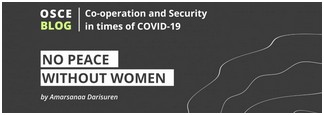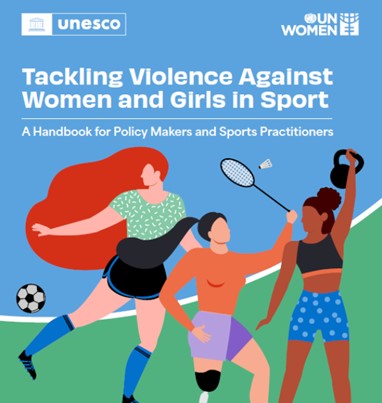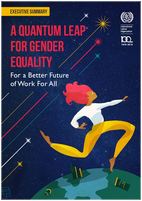UN Working Group on the Issue of Discrimination Against Women in Law & in Practice
Извор: WUNRN – 19.02.2019

Introduction
The establishment of the Working Group by the Human Rights Council at its 15th session in September 2010 was a milestone on the long road towards women’s equality with men. Over the years, many constitutional and legal reforms to integrate women’s human rights fully into domestic law have occurred, but there remains insufficient progress. Discrimination against women persists in both public and private spheres in times of conflict and in peace.
It transcends national, cultural and religious boundaries and is often fuelled by patriarchal stereotyping and power imbalances which are mirrored in laws, policies and practice.
The Working Group’s focus is to identify, promote and exchange views, in consultation with States and other actors, on good practices related to the elimination of laws that discriminate against women. The Group is also tasked with developing a dialogue with States and other actors on laws that have a discriminatory impact where women are concerned.
Overview of the mandate
At its fifteenth session, the Human Rights Council adopted by consensus resolution 15/23 to establish, for a period of three years, a working group of five independent experts, of balanced geographical representation, on the issue of discrimination against women in law and in practice. In establishing the mandate, the Council expressed its deep concern that women everywhere are still subject to significant disadvantage as the result of discriminatory laws and practices and that de jure and de facto equality has not been achieved in any country in the world, and that pledges to eliminate discriminatory laws have not been fulfilled.
The mandate was renewed by consensus at the Council’s twenty-third session, in resolution 23/7, and then renewed for a further three years, again by consensus, during the Council’s thirty-second session, in June 2016, through resolution 32/4.
As it is stated in these resolutions, the main tasks which define the mandate are:
- To develop a dialogue with States, the relevant United Nations entities, national human rights institutions, experts on different legal systems, and civil society organizations to identify, promote and exchange views on best practices related to the elimination of laws that discriminate against women or are discriminatory to women in terms of implementation or impact and, in that regard, to prepare a compendium of best practices;
- To work in close coordination, in the context of the fulfilment of its mandate, with other special procedures and subsidiary organs of the Council, relevant United Nations entities, including the Commission on the Status of Women and UN Women and, in particular, the Committee on the Elimination of Discrimination against Women and other treaty bodies, within their respective mandates, with a view to avoiding unnecessary duplication;
- To submit an annual report to the Council, starting at its twentieth session, on the issue of discrimination against women in law and in practice, and on good practices in eliminating such discrimination, drawing upon the findings of the United Nations human rights machinery and the broader United Nations system; and
- To offer support to States’ initiatives to address multiple forms of discrimination against women and girls when implementing their obligations as State parties to relevant international human rights treaties with regard to civil, cultural, economic, political and social rights, and related commitments, where applicable.
The resolutions call upon States:
- To cooperate with and assist the Working Group in its task, to supply all necessary available information requested by it and to give serious consideration to responding favourably to its requests to visit their country to enable it to fulfil its mandate effectively; and
To promote women’s equal access to decision-making positions and processes, and to appoint and promote women staff members in order to guarantee women’s equal participation.
Working Group Members
Ms. Elizabeth BRODERICK(Australia)
Ms. Alda FACIO
(Costa Rica)
Ms. Ivana RAnhDAčIć – Chair
(Croatia)
Ms. Meskerem Geset TECHANE, Vice Chair
(Ethiopia)
Ms. Melissa UPRETI
(Nepal)
https://www.ohchr.org/EN/Issues/Women/WGWomen/Pages/WGWomenIndex.aspx



